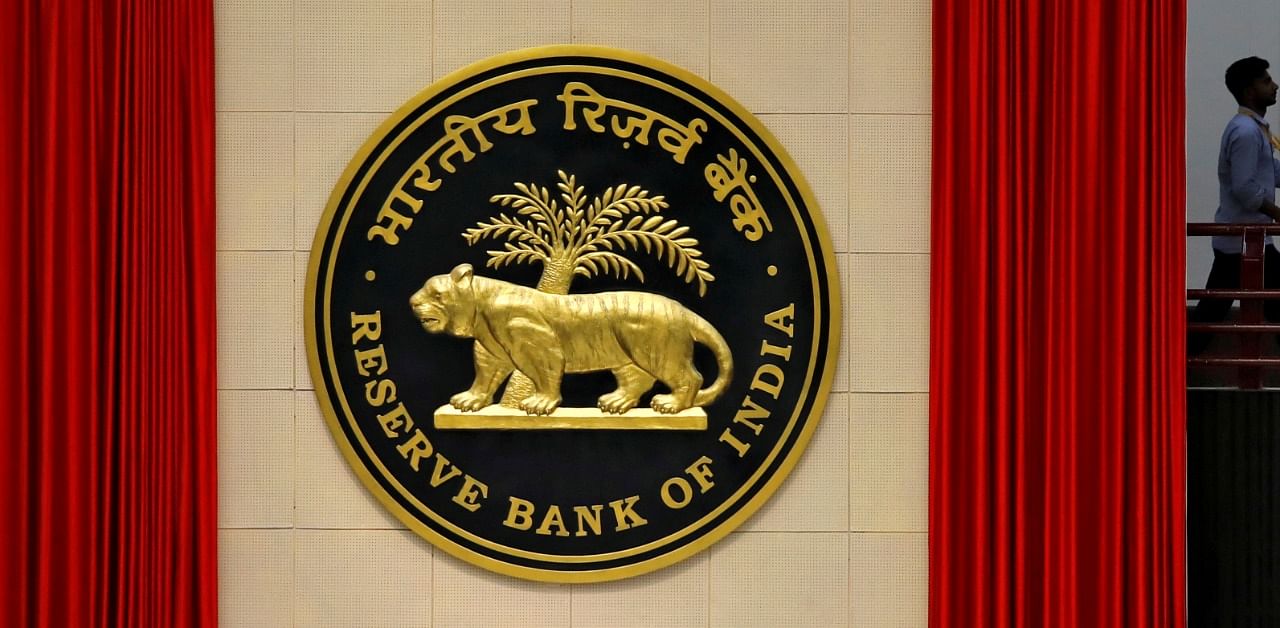
By Divya Patil
India’s capital markets regulator is barring individual investors from buying a riskier type of bank bond, citing the need to protect non-professional buyers.
Starting Oct. 12, only qualified institutional buyers can purchase banks’ Additional Tier 1 notes, the Securities and Exchange Board of India said in a circular late Tuesday. Purchases by retail investors account for only a small fraction of the market for such debt, but some individuals lost money on those securities when India seized Yes Bank Ltd. earlier this year, said Hemant Dharnidharka, chief executive officer at Dharni Wealth.
Global regulators introduced AT1 bonds after the global financial crisis to limit taxpayer bailouts of lenders by sharing that burden with investors. India’s central bank in March permanently wrote down Rs 880 crore ($1.2 billion) of such debt sold by Yes Bank in the first action of its kind by domestic authorities.
A smaller investor base for AT1 debt could still hurt efforts by banks to boost capital buffers at time when the coronavirus pandemic is hitting many businesses. The new rule will also prohibit large corporates that aren’t considered qualified institutional buyers from purchasing AT1 debt, and create concerns for eligible investors about their ability to trade the securities, according to Ajay Manglunia, managing director and head of institutional fixed income at JM Financial Products Ltd.
The restriction will likely increase by at least 50 basis points the cost of such borrowings for banks, he said. India’s banks are already saddled with some of the world’s highest bad-debt piles from before the outbreak, and need to raise billions of dollars worth of capital, according to analysts.
AT1 bonds can be written off if certain triggers are breached, and lenders can skip interest payment or call the notes early even if that results in losses for investors. Those kind of features “may not be understood in the truest form by retail individual investors,” the regulator said Tuesday.
The regulator also ordered that banks offer AT1 debt exclusively via electronic book-building platforms irrespective of the deal size. To stop individuals from buying the notes even in the secondary market, Sebi said the minimum trading lot size for such securities will be set at Rs 1 crore.